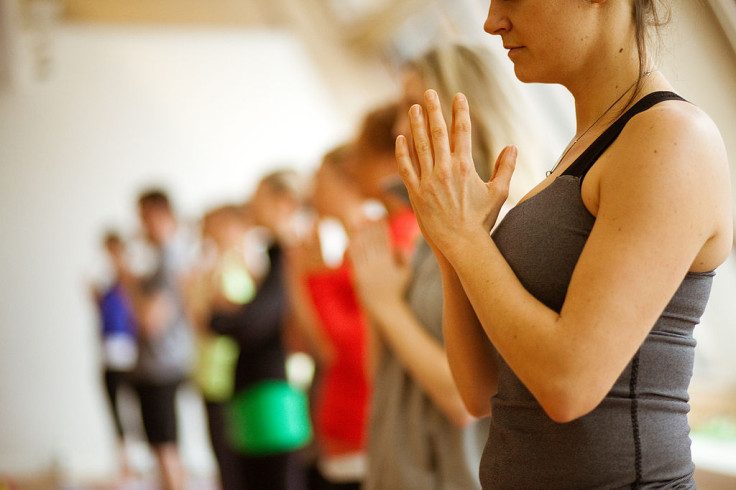Yoga Reduces Fatigue and Inflammation in Breast Cancer Survivors

Practising yoga has substantial benefits for women who have survived breast cancer, researchers have found.
Doing yoga for just three months reduced fatigue and lowered inflammation in breast cancer survivors, scientists at Ohio State University discovered.
Findings also showed the more that women practised yoga, the better the health effects.
Before the start of the study, all participants had breast cancer treatments. Yoga novices were recruited and participants practised yoga in small groups twice per week for 12 weeks.
Women in the control group were placed on a waiting list to start practising yoga after the trial had ended. They were told to go about their normal routines and not to practise yoga.
After six months – three months after formal yoga practise ended – findings showed that fatigue was 57% lower in women that practised yoga, while inflammation was reduced by up to 20%.
Lead author Janice Kiecolt-Glaser said: "This showed that modest yoga practice over a period of several months could have substantial benefits for breast cancer survivors.
"We also think the results could easily generalise to other groups of people who have issues with fatigue and inflammation."

The 200 women in the study were aged between 27 and 76. They practised 90 minute yoga sessions twice per week and researchers encouraged them to practise at home.
Kiecolt-Glaser said: "We were really surprised by the data because some more recent studies on exercise have suggested that exercise interventions may not necessarily lower inflammation unless people are substantially overweight or have metabolic problems.
"In this group, the women didn't lose weight, but we saw really marked reductions in inflammation. So this was a particularly striking finding biologically."
Published in the Journal of Clinical Oncology, the team focused on breast cancer survivors because treatment for the disease can be so strenuous on the sufferer's body. Chronic inflammation has been linked to coronary heart disease, Type 2 diabetes and Alzheimer's.
"One of the problems they face is a real reduction in cardiorespiratory fitness. The treatment is so debilitating and they are so tired, and the less you do physically, the less you're able to do. It's a downward spiral," Kiecolt-Glaser said.
"That's one reason we think there are higher levels of inflammation in cancer survivors, meaning that an intervention that reduces inflammation could potentially be very beneficial."
Findings showed that the more frequent the yoga practice, the greater the changes in fatigue, vitality and depression.
"Yoga has many parts to it – meditation, breathing, stretching and strengthening. We think the breathing and meditation components were really important in terms of some of the changes we were seeing," Kiecolt-Glaser said.
"We think improved sleep could be part of the mechanism of what we were seeing. When women were sleeping better, inflammation could have been lowered by that. Reducing fatigue enables women to engage in other activities over time. So yoga may have offered a variety of benefits in addition to the yoga exercises themselves."
© Copyright IBTimes 2025. All rights reserved.






















